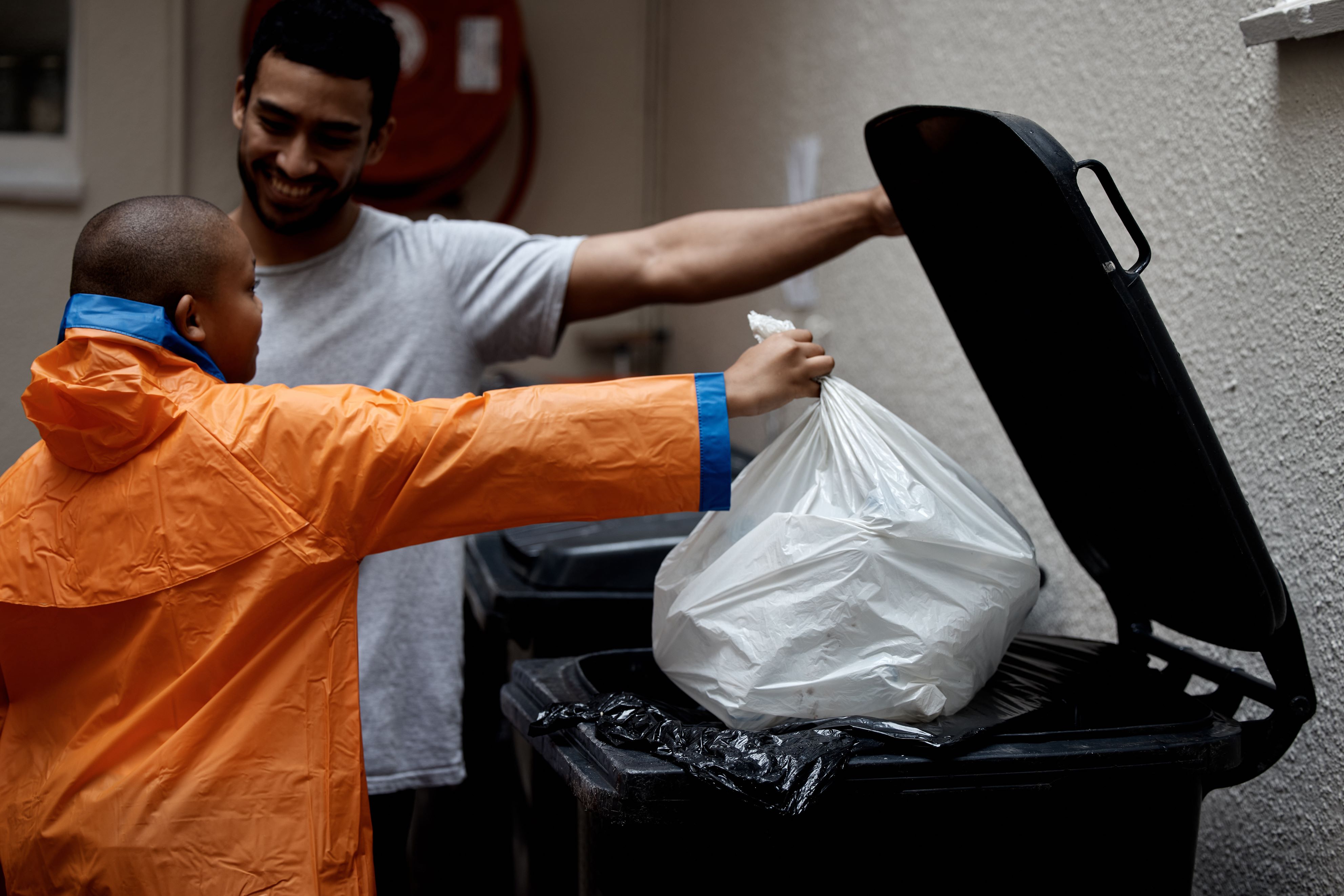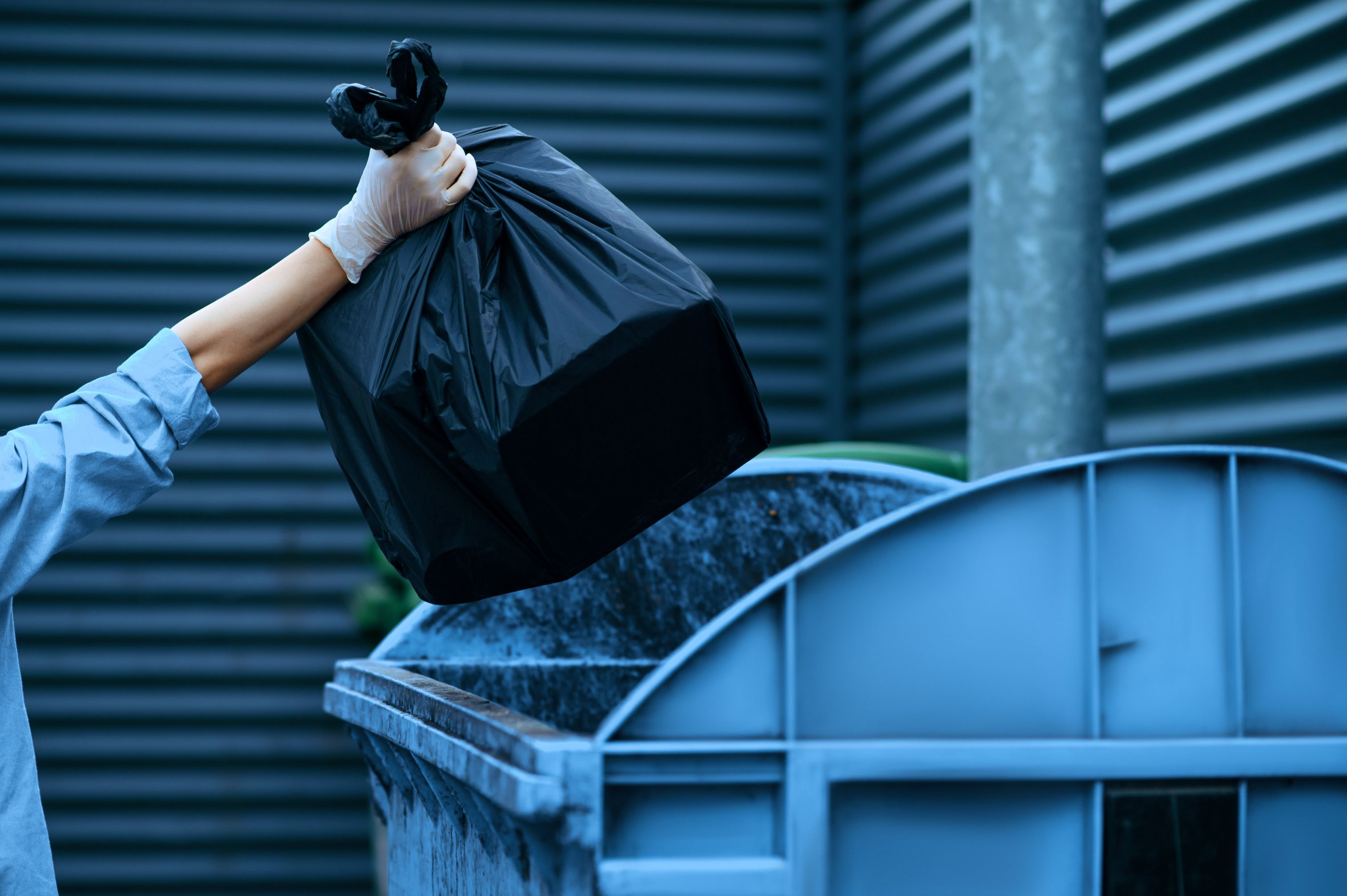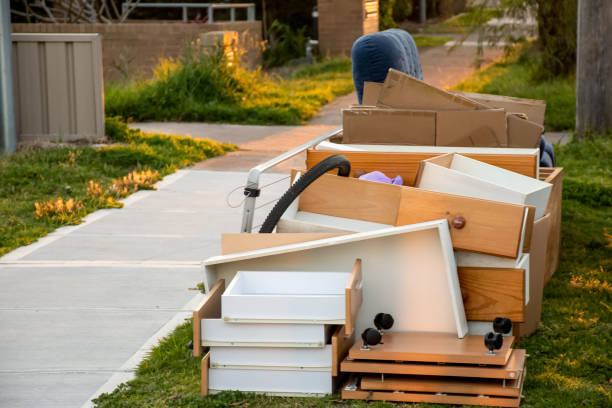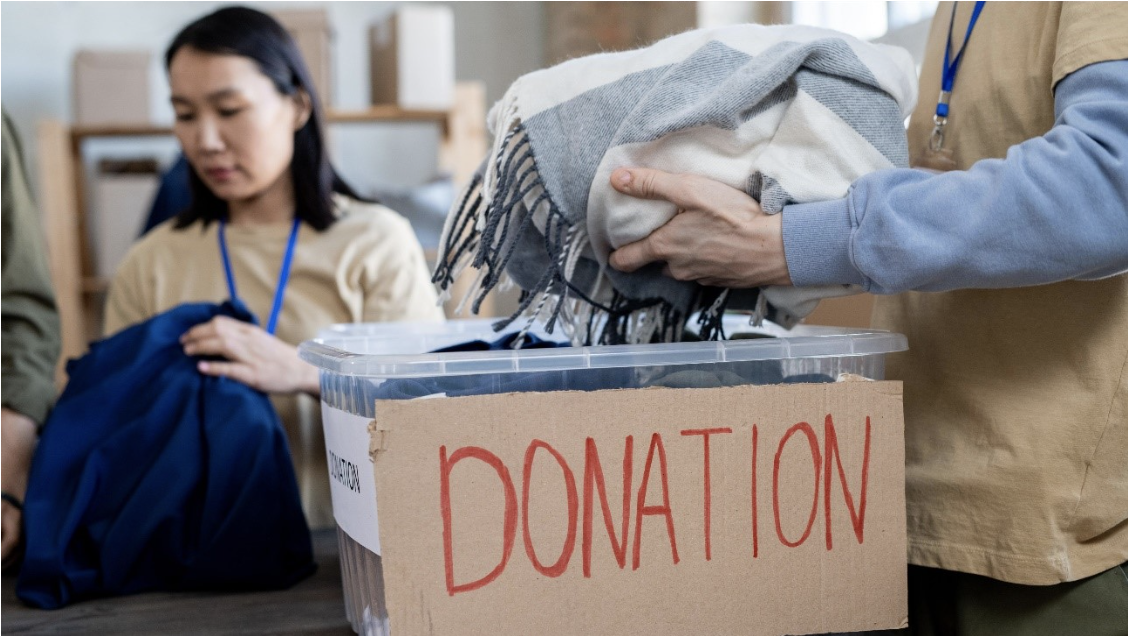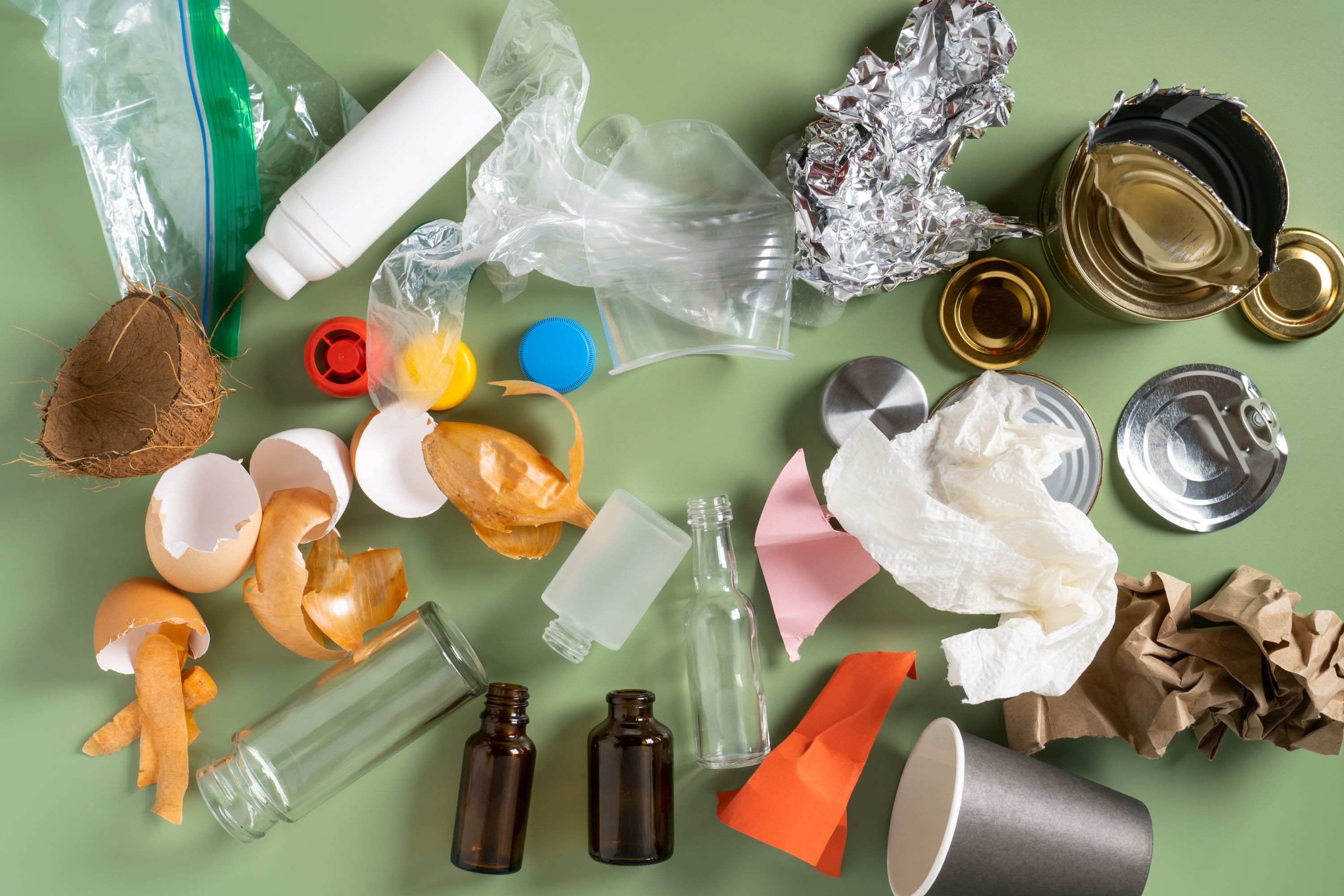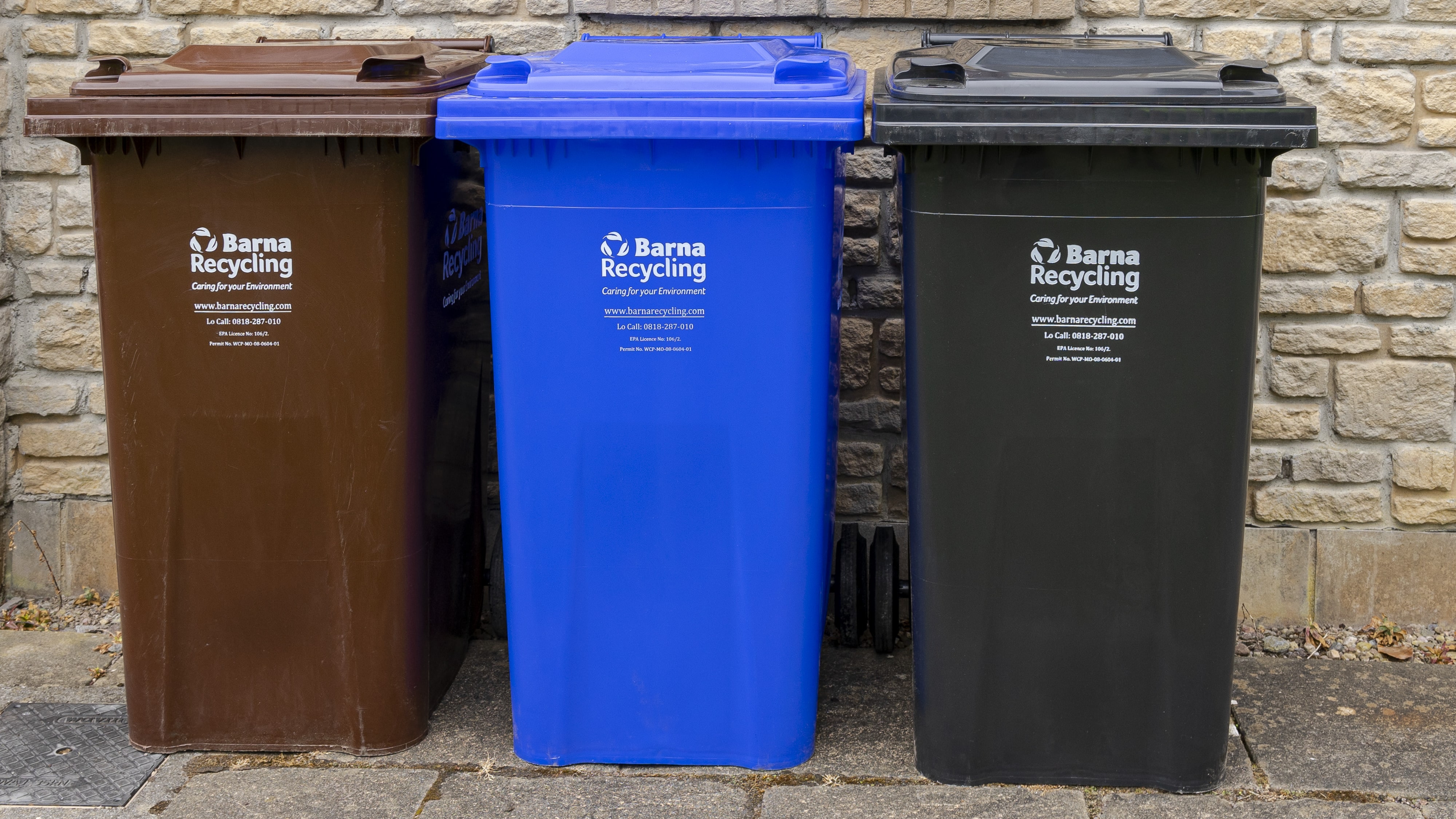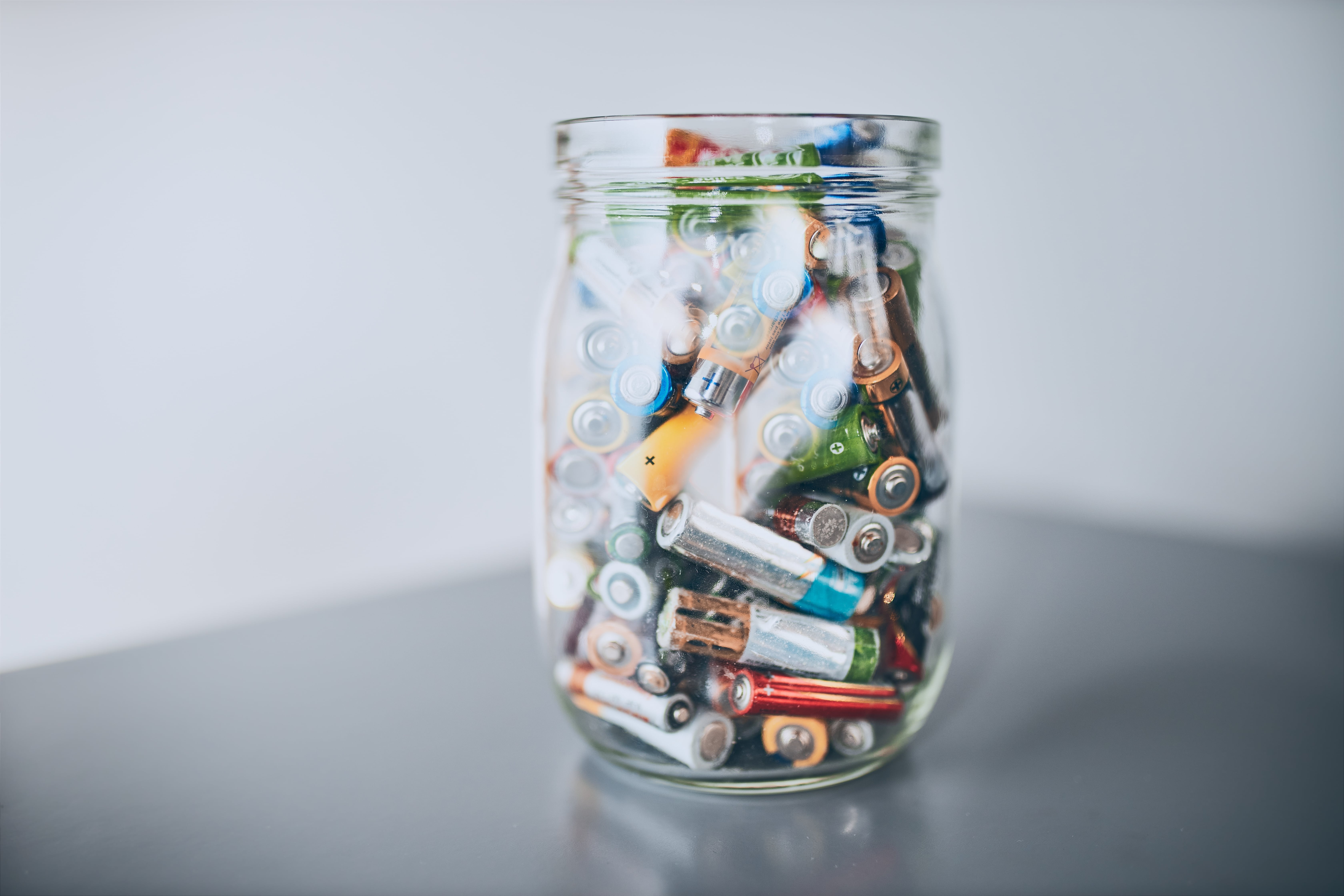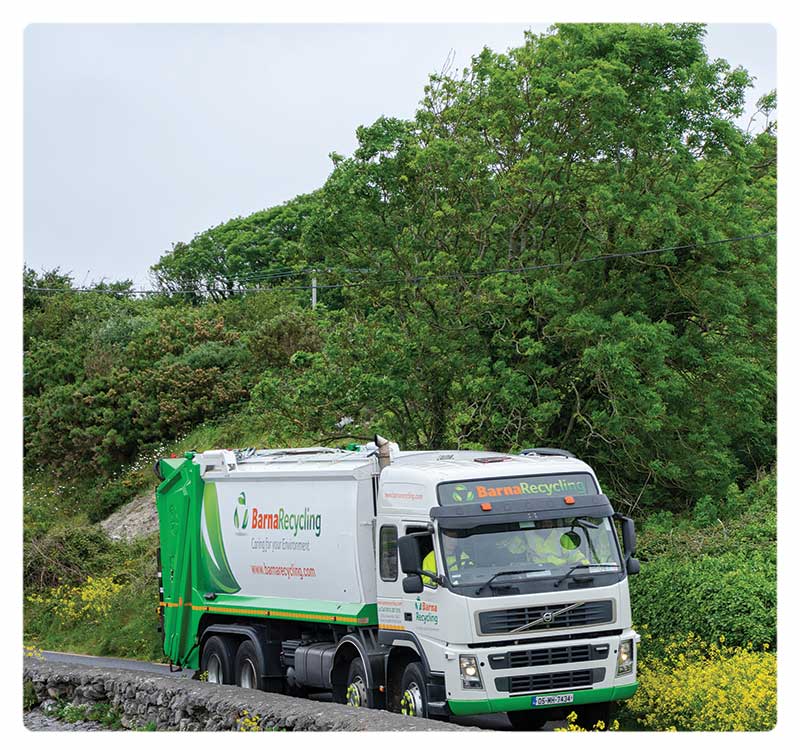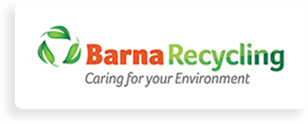- Barna Recycling
- Apr 25, 2024
What Goes In The General Waste Bin?
Spring has finally come, and we can’t wait for the first glimpses of summer. If you are like us, you would agree when we say now is the perfect time to declutter and organise your homes inside out for the summer months. However, as you declutter your home, you might often wonder which waste items from your home clear out go in the general waste bin and which items cannot be disposed of as general waste.
To help you get your home ready for summer, we have outlined a few tips and key information about what goes in the general waste bin. We have also outlined where to dispose of items that can’t be put in a general waste bin and how to dispose of other oversized items that won’t fit in your household bins.
Why Is General Waste Disposal Management Important?
Proper general waste handling, collection, transportation, and disposal aims at minimising the adverse impacts of waste on the environment, public health, and safety. Understanding the importance of effective waste management is crucial for ensuring sustainable development and preserving natural resources.
What Goes In The General Waste Bin?
Generally, the black bin is for any waste items that you CANNOT put into your recycling or organic bins. It’s also important to remember NOT to include any kind of liquids in your general waste bin and ensure you separate the packaging to segregate out the food waste and recyclable materials such as envelopes, milk cartons, and newspapers. This way, you are saving costs, maximising space, and making sure that you are not overloading your general waste bin.
The waste in your black bin is collected by Barna Recycling and processed to recover any recyclables. The remaining non-recyclable fraction is then sent for landfill disposal with energy recovery.
Correct Waste Disposal: See a List Of General Waste Items
In general, most non-recyclable and non-organic waste go into the general waste bin. However, there are exceptions, items that don’t go in any of the three bins and, therefore, should be properly disposed of at civic amenities. See a list of items that can go in the general waste bin:
- Nappies
- Ashes**
- Tin Foil
- Aero board
- Contaminated & Wet Paper
- Non-recyclable plastic
- Food wrappers
**When disposing of ashes in your general waste bin, ensure you place the ashes in a bag first. There are two critical reasons for this:
- Hot ashes are the number one reason a bin can catch on fire. So, placing the ashes in a bag will help you determine whether they are cool enough to be placed in the bin.
- It keeps the bin and the truck from getting dirty with loose ashes, which could also dirty other householders’ bins. Moreover, on windy days, the ashes can be blown over and dirty the area.
Items Not To Go Into Your General Waste Bin
- Paint cans – You can bring them to a local Civic Amenity Site
- Clothes – Clothes can’t go in your waste bin but can be brought to a clothes bank or charity shop.
- IT equipment and electrical goods—More commonly referred to as WEEE (Waste Electrical and Electronic Equipment), all electrical goods retailers must be registered as producers of WEEE and will take back your old electrical equipment free of charge when you buy new goods.
- Batteries—You can bring used batteries back to shops. Many supermarkets have drop-off points for recycling batteries.
- Glass – Should be washed and brought to your nearest bottle bank.
- Duvets – Can’t be disposed of in your waste bin, but they can be brought to your local Civic Amenity Site.
- Bulky waste items – Old furniture, couches, mattresses, tables, and large household appliances that have seen the end of their useable life can be brought to a local civic amenity site near you.
Disposing Of Large Items That Can’t Be Put In Your General Waste Bin
You can consider hiring a skip for larger items that can’t be disposed of in your general waste bin, which makes decluttering your homes much easier. At Barna Recycling, we have skips of all sizes, so you can be sure we’ll have one to suit your needs and the space available to you – check out our handy skip sizing guide here.
Benefits of hiring a Skip
Here are the top 3 benefits of hiring a Skip to dispose of large items:
- You can keep the skip as long as you require it.
- You have the convenience of not having to take large, awkward items in your car to the Civic Amenity Site.
- If you are a Barna Recycling customer, you can get a discount if you order a skip from us. All you need is to have your Barna Recycling Account number handy.
Items that can’t go in a skip are as follows:
- Hazardous Waste: A significant rule that is often forgotten is that hazardous waste should not go in a skip. It can leak and contaminate other recyclable materials.
- Asbestos: If asbestos is found during a renovation project or a home clearout, it must be dealt with by a team of specialists and not put into a general skip.
- Appliances: Other items that we find cause great confusion are electrical items, especially large household items. Refrigerators, freezers, microwaves & cookers should not go in a skip but instead be brought to a Civic Amenity Site.
- Oil or paint cans & tyres
- Solvents, fuels and batteries
- Chemicals, flammable materials
- Household waste includes food scraps, soiled nappies, and sanitary items.
- Liquid Concrete
Find out where your nearest recycling centres might be located. If you have any questions on skip hire, do not hesitate to contact a member of our skip hire team on 091 771619.

